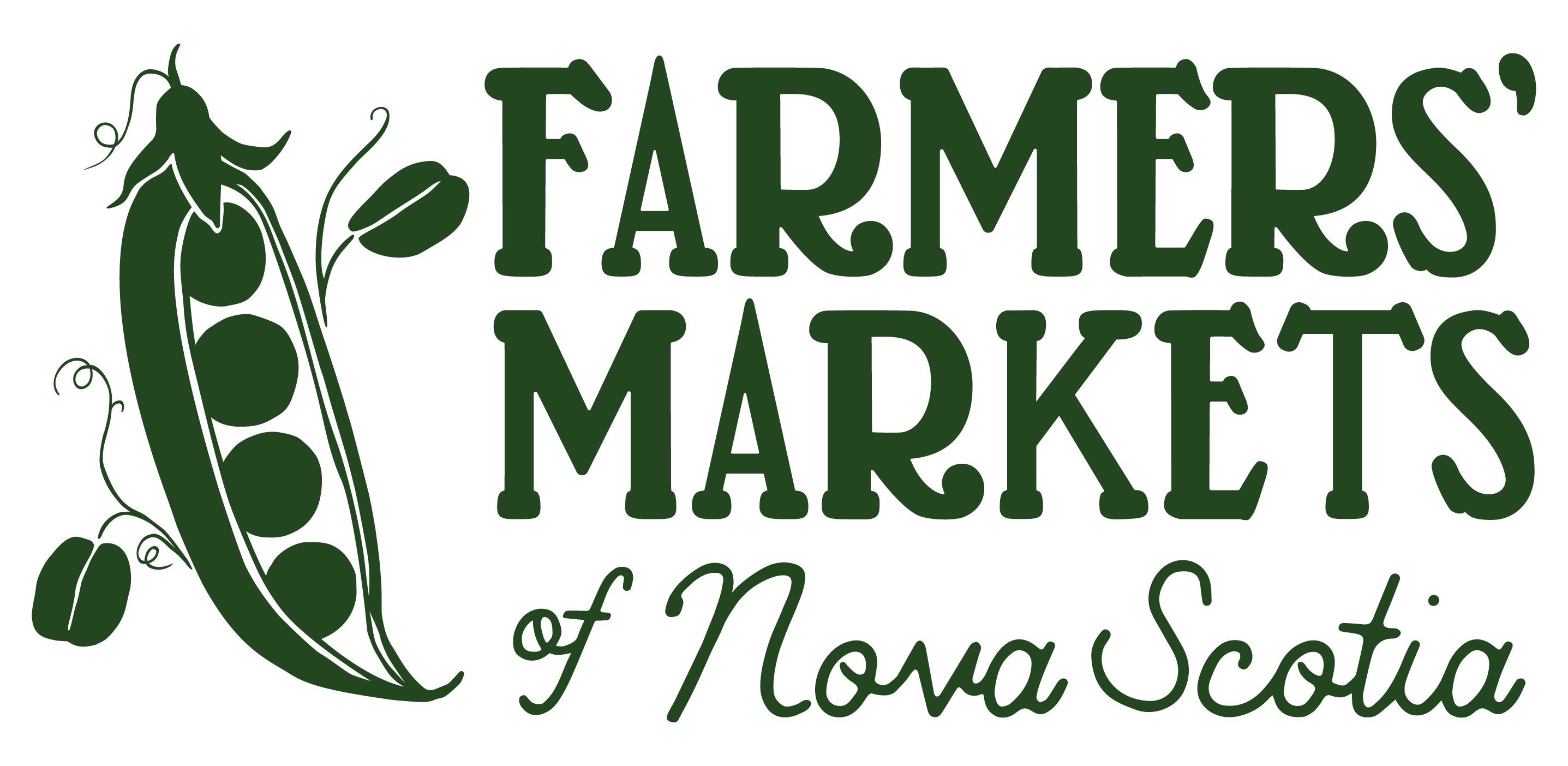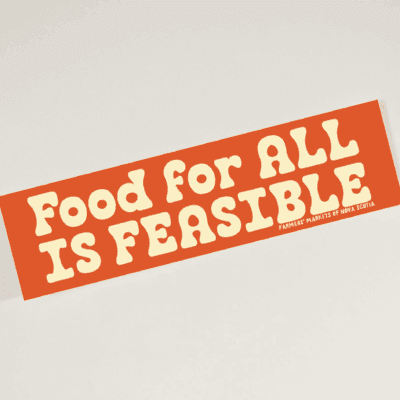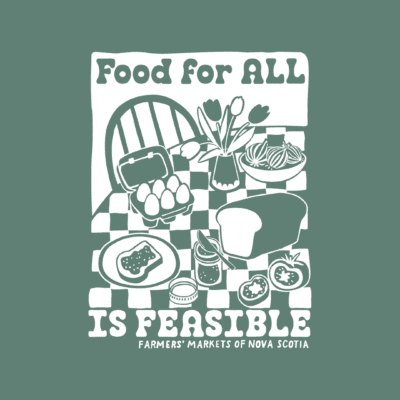Nova Scotia began its phased-in Reopening Plan on June 2, 2021. You can find out more about Nova Scotia’s Reopening Plan by clicking here. Phase 4 of the Reopening Plan is effective starting on Wednesday, July 14, 2021.
Relevant changes to health and safety restrictions in effect as of July 14 are highlighted on pages 2-5 of our updated farmers’ market sector-specific COVID-19 prevention plan, which you can view by clicking here.
Key updates for all of Nova Scotia starting on July 14:
- Rules for population limits:
-
- Indoor farmers’ markets can operate at 100% capacity.
- Outdoor farmers’ markets can operate at 100% capacity.
-
- Clarification regarding the use of tents:
-
- A farmers’ market with a large tent or structure that covers multiple vendors is considered an indoor farmers’ market and must follow indoor public market rules.
- A popup tent that a single vendor uses to protect their product from contamination and the vendor from the elements is still considered an outdoor vendor.
-
- Rules for face masks:
-
- All vendors, staff, volunteers, and customers must wear a face mask while attending an indoor public market or any interior space of a farmers’ market.
- Face masks do not need to be worn by vendors, customers, or the public at outdoor public markets.
-
- Rules for sampling: Farmers’ market vendors may offer samples with the following conditions:
-
- Vendors may provide individual, prepackaged samples.
- Alcohol samples are not allowed at this time.
- Samples may only be made available by the vendor when requested.
- Signage should be placed at vendor booths for vendors offering samples, as well as throughout your farmers’ market, to indicate where the samples can be consumed.
- Samples may be consumed at the vendor booth at outdoor public markets online.
- Customers must always wear face masks at indoor public markets and must not remove their masks at vendor booths. For indoor public markets, samples may only be consumed in designated eating areas.
-
Further information:
Farmers’ markets have and continue to be allowed to operate in all regions throughout Nova Scotia. Farmers’ Markets of Nova Scotia (FMNS) continues to hold that public markets are essential food infrastructure providing essential economic services. The Province of Nova Scotia recognizes farmers’ market vendors as essential service workers.
Nova Scotia remains under a Provincial State of Emergency, and farmers’ markets must continue to adhere to restrictions contained in the most current Nova Scotia Health Protection Act order. Please note that the situation can change at any time. Go to https://novascotia.ca/coronavirus/ to stay updated on the situation.
All farmers’ markets should observe the measures outlined in the directives on pages 2-5 of this document and adopt a regionally appropriate COVID-19 prevention plan for their farmers’ market’s operations. Additional resources are available at the end of this document (page 6).
FMNS is Nova Scotia’s farmers’ market sector association and regularly provides updates and directives to farmers’ markets so that they may continue to safely operate. We continue to work with various Government of Nova Scotia departments to stay updated on efforts to contain the spread COVID-19.
FMNS continues to hold that farmers’ markets may be able to serve more customers and generate more sales for vendors through adopting a pre-ordering and/or pick-up model, which may include operating an online marketplace. A hybrid approach may offer your farmers’ market more opportunities for vendors and patrons while helping your market adapt to any future restrictions.
FMNS encourages those farmers’ markets that run public markets to ensure that the primary focus of the market is on promoting commercial activity for their vendors, with an emphasis on creating safe, population-controlled spaces with social distancing measures and/or physical barriers.
FMNS continues to hold that farmers’ markets are the social, cultural, and economic backbone of communities across Nova Scotia. They’re small-business incubators, job creators, and hubs for community building. By adapting and observing restrictions we’ll keep ensuring that our farmers’ markets continue to safely operate and support our communities.




